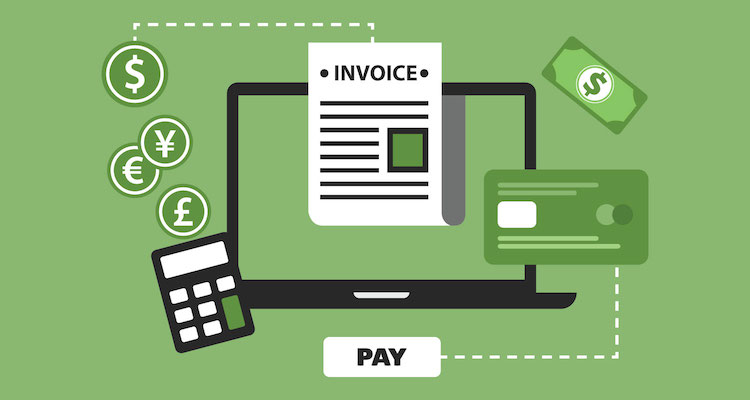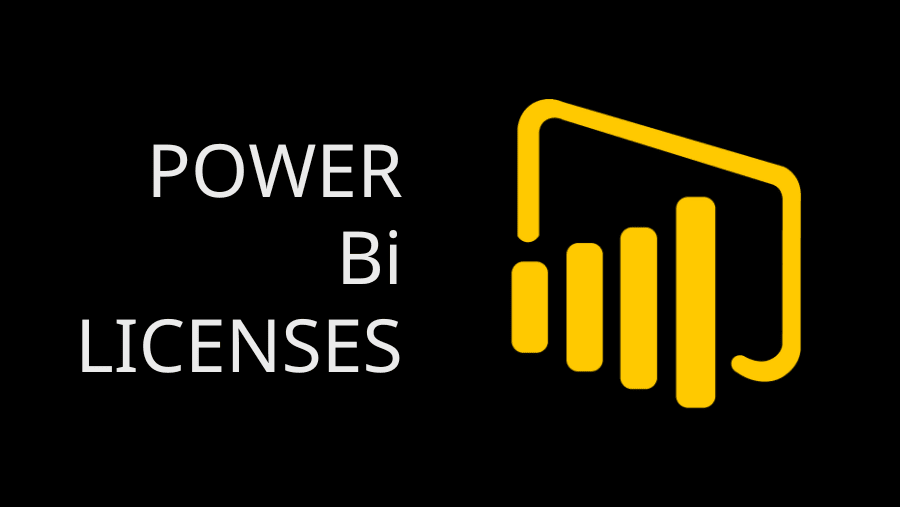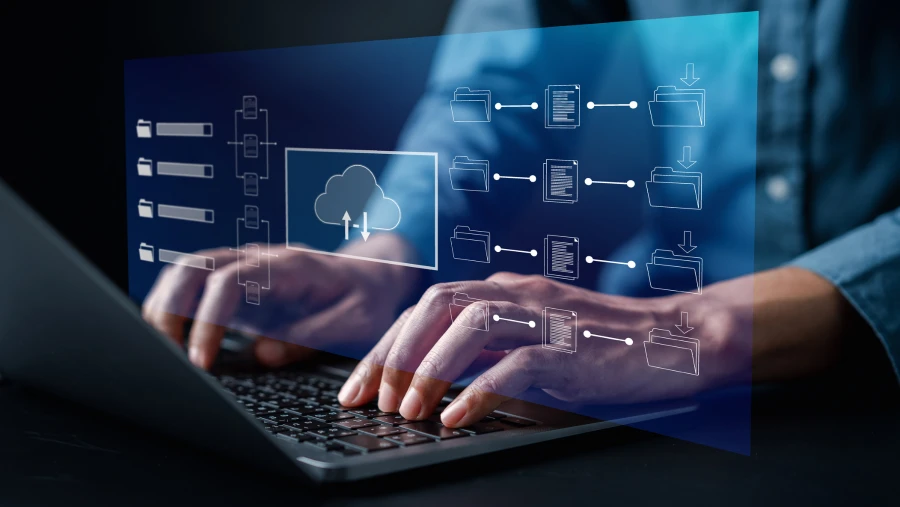The digital shift
What is E- invoice? The meaning of E- Invoice is simple. It is a fully automated workflow from one company’s ERP system to another through an integrated accounting solution. It is a method of creating electronic invoices for the purpose of storing them virtually. The e-invoicing, processing invoices, credit notes, and debit notes in a structured electronic format between seller and consumer will then be simple.
Experience and convenience, stored in one cloud
Aside from a better experience and convenience for both customers and sellers, acquiring the e-invoice solution has a variety of advantages:
● Management of the invoices digitally from day one, all in one cloud
● Easy access to real-time invoice and tax compliance, wherever located
● Integration into any system seamlessly, diminishing interferences or new interfaces
● Validation of inbound and outbound invoices to ensure only the right transactions enter the ERP system
● Ability to access and analyze data to drive business growth through business and financial decisions
● Safe and secured data with fewer risks of scams and no fear of being sent to junk mail
Just because it’s digital, does not mean it’s an e-invoice
Despite recognizing a variety of e-invoice formats, not all digital invoices are e-invoices. See which formats do not make the cut:
● Invoices in PDF format, which are usually sent via email. Since PDF invoices are not sent in a structured format, they cannot be processed automatically.
● Paper invoices are not considered as e-invoices because they were not issued electronically, despite converting into a digital format.
E-invoicing in Saudi Arabia
The Zakat, Tax and Customs Authority (ZATCA) announced the introduction of an e-invoicing law from 4 December 2021. By introducing e-invoicing, organizations can both reduce costs and increase productivity at the same time. They are able to reduce time-consuming manual work and pay more attention to control, business strategy and increased collaboration with clients and suppliers.
What do I need to know?
● It will come into effect in two stages: generation from 4 December 2021, integration from 1 January 2023
● The law applies to all taxpayers subject to VAT (excluding taxpayers not residing in the Kingdom), in addition to any party that issues a tax invoice on behalf of the taxpayer, who is subject to VAT.
● Issuing and keeping electronic invoices, debit and credit notes: an electronic invoice is generated and stored in data structured files. Paper, unstructured data files, word, excel, PDF generated documents/ images or scanned copies of images are not considered e-invoices.
To know more about our E-invoice solution on Dynamics 365 Business Central, contact us at [email protected]
You can also follow our journey as a Microsoft Gold Partners on our LinkedIn page at Business Experts Gulf.






